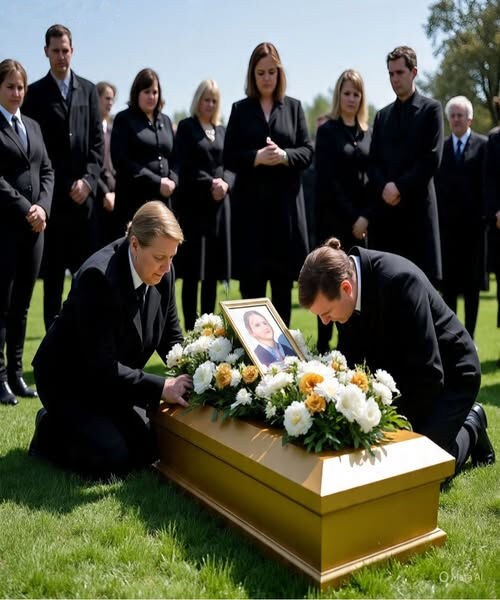An 80-year-old woman has been awarded $3.75 million in a legal settlement after a SWAT team wrongly raided her residence while she was in the middle of taking a bath — a disturbing incident that has sparked nationwide criticism and renewed scrutiny of aggressive police tactics.
The incident unfolded when heavily armed officers, dressed in tactical gear, forcibly entered what they believed to be the location of a suspect. Instead, they barged into the home of a law-abiding elderly woman who had lived there quietly for years. According to court filings, the raid was based on faulty intelligence tied to an inaccurate warrant referencing a completely different property.
Body-worn camera footage revealed the confusion and chaos as officers stormed the house, shouting commands and sweeping through the rooms — only to realize they had targeted the wrong address. The woman, who was bathing at the time, was forced to come out wrapped in a towel while armed officers filled her home. “I thought I was having a nightmare,” she said in a later interview. “One minute I’m in my tub, and the next, there are guns and yelling everywhere.”
The psychological impact on the woman was profound. Her lawyer described her as suffering from ongoing emotional distress, including panic attacks and sleep disturbances. “She was entirely innocent,” the attorney said. “Her peace, privacy, and safety were shattered without cause.”
Public outrage followed swiftly. Clips from the bodycam footage spread rapidly online, with social media users expressing both sympathy and anger. “How could they get it so wrong?” one user commented. “She’s 80, and they treated her like a threat.” Another remarked, “This is why proper checks and balances are absolutely essential.”
Following a prolonged legal process, city officials agreed to a $3.75 million payout — one of the largest settlements in recent years for a mistaken police raid. Authorities also announced new procedures aimed at preventing similar errors, including stricter address verification protocols before launching high-risk operations. “We are reviewing and revising our policies to prevent this kind of incident in the future,” a city spokesperson stated.
The case has since become a flashpoint in broader debates about police accountability and the use of force, especially in situations involving vulnerable populations. Civil liberties organizations have pointed to the case as evidence that insufficient oversight can lead to life-altering consequences for innocent people.
Although the financial compensation cannot undo the trauma, the woman has spoken out in hopes her experience will lead to meaningful change. “No amount of money can erase what happened,” she said. “But if my story makes them think twice next time, then maybe something good can come from it.”
Her resilience and determination have transformed a terrifying ordeal into a powerful example of why reform and accountability in policing are more urgent than ever.




